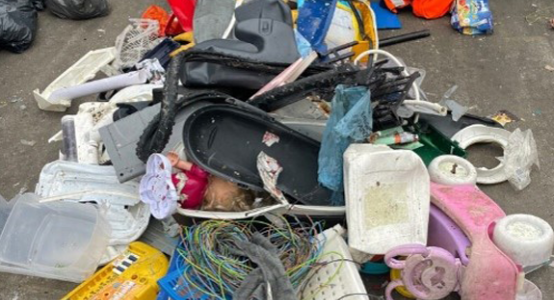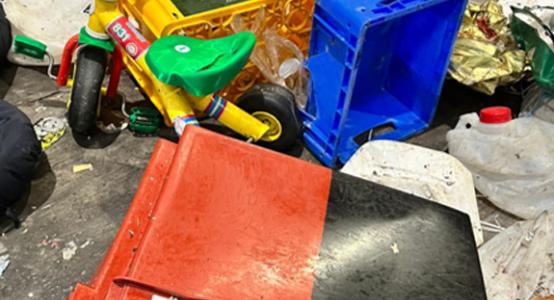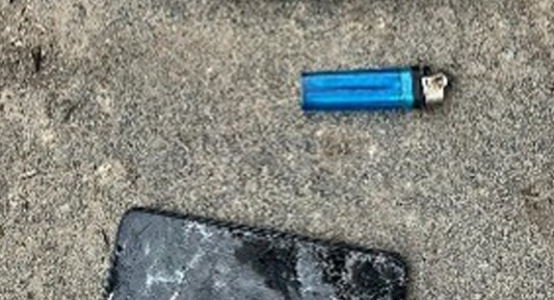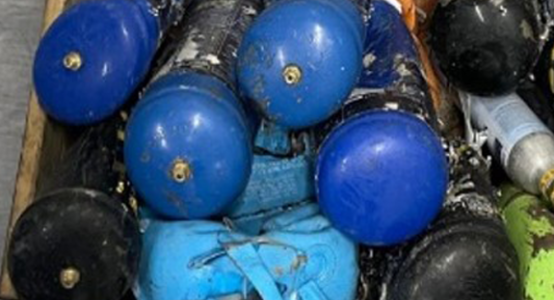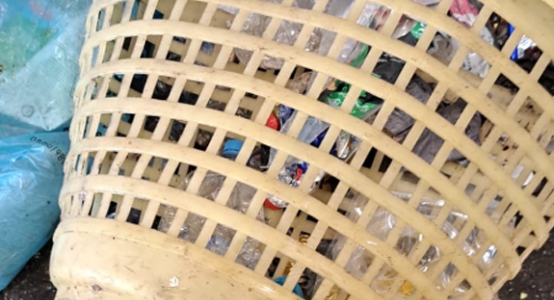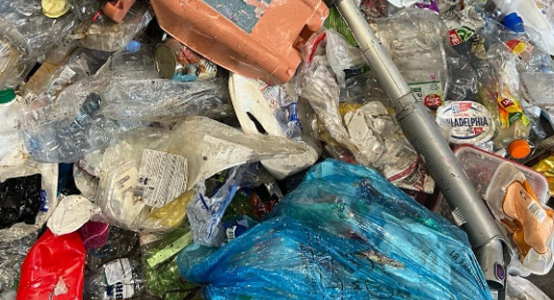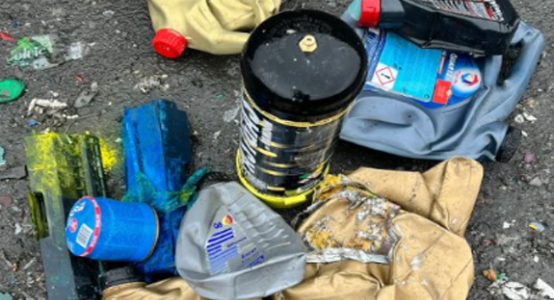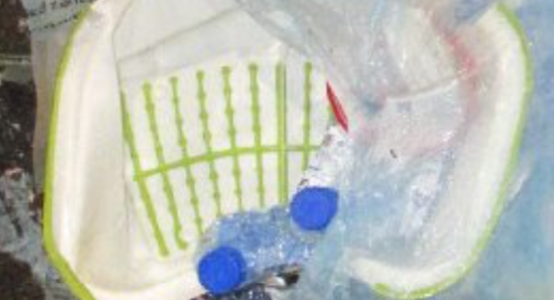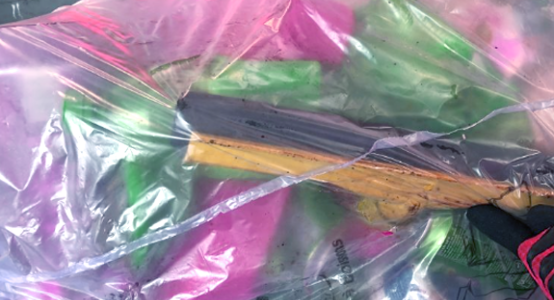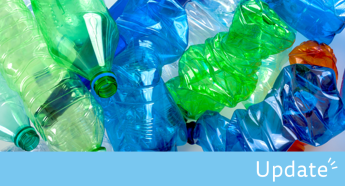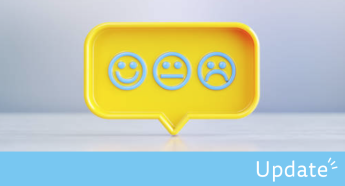Why the growing quantity of residue in the blue bag is a problem
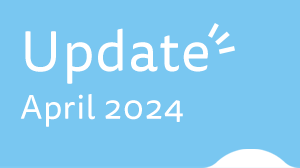
Since the introduction of expanded PMD collection, citizens have been allowed to sort much more packaging in the blue bag than before. ‘Unfortunately, some people seem to be interpreting the sorting rules very broadly these days, causing a lot of problems and even dangerous situations at our sorting centres’, says Philippe Alen, Quality Manager at Fost Plus.
The PMD bags we collect from citizens’ homes are taken to five sorting centres across Belgium. The quality of the contents is carefully and systematically checked both on arrival and when leaving the sorting centres, by the centres themselves and by Fost Plus.
Foreign objects
‘During quality checks in recent years we’ve seen a sharp increase in materials and objects that don’t belong in PMD at all,’ says Philippe Alen. ‘The reason for this is pretty clear. Since the introduction of the expanded PMD collection, there have been far fewer checks on the bags. In the past, you would receive a clear signal as a citizen if you sorted incorrectly: the collectors would attach a rejection sticker with a red hand and the bag would be left on the pavement. Those checks have disappeared, and we’re now clearly noticing the consequences.’
‘Above all, the quantity of non-packaging materials has increased: inflatable swimming pools, garden furniture, shoes, textiles, coat racks, toys – you name it, we’ve come across it. The objects are also getting bigger: pipes, buckets, even car tyres, storage boxes, laundry baskets and sheeting from the agricultural and construction sectors.’
This inevitably causes problems on the sorting lines. ‘The machines are set up to sort the typical packaging from the blue bag – bottles, jars, cans, small pieces of film, and so on. When these “foreign” and outsized objects end up on the sorting belts, they disrupt the automated processes.’
Below is a small collection of different types of residue we have recently encountered in transfer stations and sorting centres:
Increasing fire and explosion hazards
Unfortunately, jammed equipment is not the only problem: dangerous situations are becoming more common too. These are mainly due to the increasing presence of electrical and electronic equipment in the PMD bags, such as discarded laptops, smartphones, game consoles, electric toothbrushes, etc. Almost all such items contain lithium batteries, which can spontaneously ignite in the event of a short circuit, overheating or damage. The associated flash fire, in combination with the flammable material, poses major risks. We are also coming across an increasing amount of gas bottles, which present numerous risks.
‘We’ve already received several reports of fires and explosions at sorting centres, fortunately without any serious consequences so far’, says Philippe Alen. ‘But the sorting centres are obviously very concerned, first and foremost for the safety of their employees. Their concern is perfectly justified: a few years ago a sorting centre in the Netherlands completely burned down.’
We rely on intermunicipal companies and municipalities, which can have an extra impact through their own communication channels. We also want to be able to reward intermunicipal companies that record relatively low residue percentages in the collected PMD.
Quality Manager at Fost Plus
Radical measures needed
These examples provide plenty of reasons to take the sorting rules more seriously. ‘We pay a lot of attention to this in our communications with the public and above all on social media. But we also rely on intermunicipal companies and municipalities, which can have an extra impact through their own communication channels. The chosen collection method is also a factor here: large collection containers and underground containers are less easy to check.’
‘We also want to be able to reward intermunicipal companies that record relatively low residue percentages in the collected PMD. We’ve therefore included a sorting bonus in the new accreditation. This bonus existed before, but was thought to be no longer relevant when the expanded PMD collection was introduced. However, given the situation today, such a bonus can certainly help’, concludes Philippe Alen.

